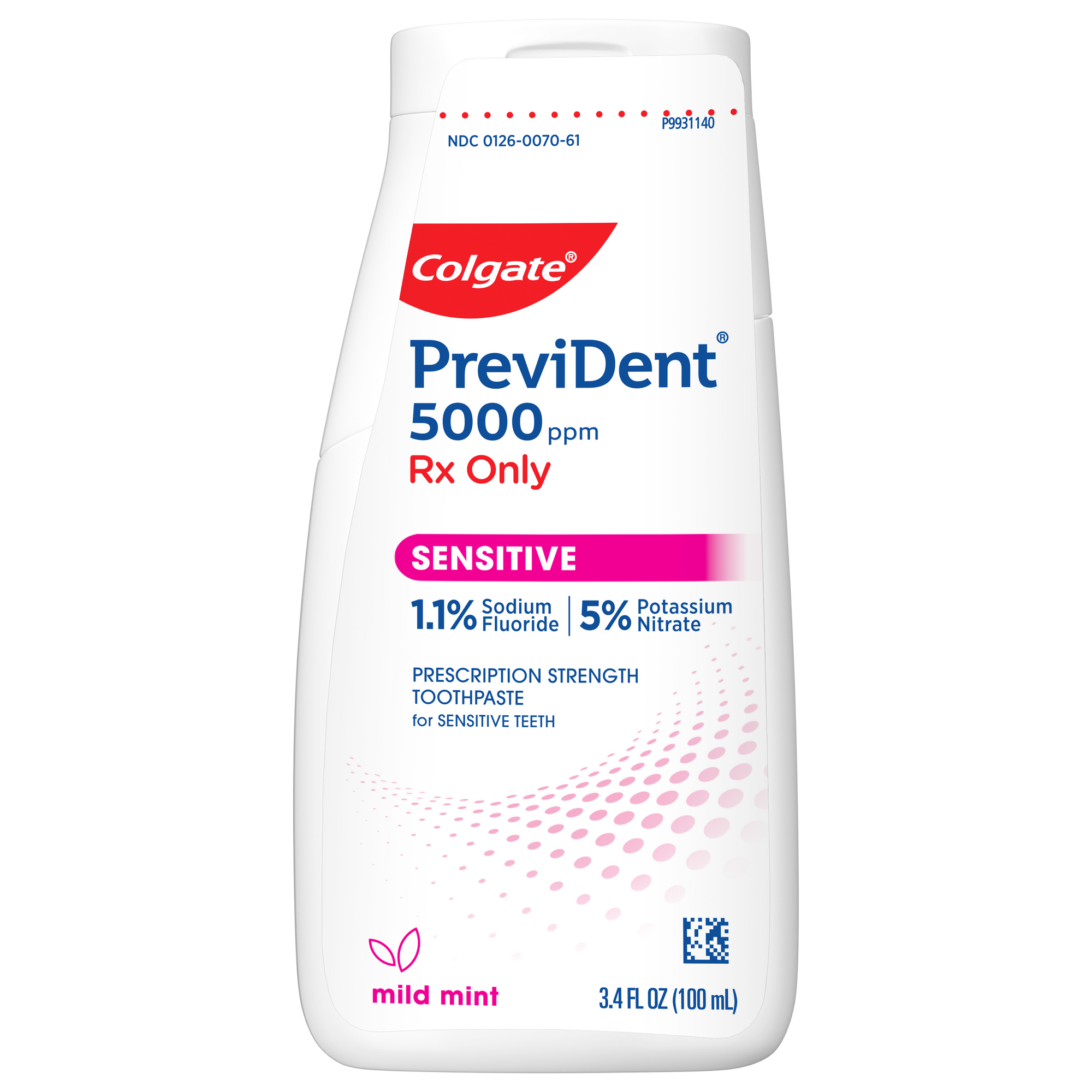How Benzocaine Works
This anesthetic can be found on the ingredient label of many topical pain-relief products, including gels, ointments and dental pastes, notes the Cleveland Clinic. It provides temporary relief by numbing parts of your mouth, gums or skin, which can help ease discomfort from sores or gum irritations. You can find many products in your local drugstore containing this numbing ingredient.
FDA Safety Announcement
In 2018, the FDA published an updated safety communication warning about the use of over-the-counter products containing benzocaine. The alert states that these pain-relief products should only be used on adults and children over 2 years old because of the ingredient's potential to cause a life-threatening condition called methemoglobinemia.
The FDA strongly urged manufacturers to stop marketing any oral drug with benzocaine as a relief for teething pain in infants or for use in children younger than 2. In addition, the FDA asked manufacturers to include warnings on their labels about the risk of methemoglobinemia and to specifically say it should not be used on infants and children under the age of 2.
What Is Methemoglobinemia?
The National Institutes of Health describes methemoglobinemia as a blood disorder where your body produces too much methemoglobin. Methemoglobin is a type of hemoglobin, the protein in your red blood cells that carries and delivers oxygen throughout your body. If someone has methemoglobinemia, their hemoglobin cannot release oxygen effectively to the various tissues of their body.
Individuals can inherit this condition, but more commonly, methemoglobinemia is acquired through exposure to certain medications or chemicals, including:
- Anesthetics, such as benzocaine
- Some antibiotics, such as dapsone and chloroquine
- Nitrites that are used to keep meat from spoiling
- The chemical nitrobenzene
Symptoms of Methemoglobinemia
Methemoglobinemia resulting from benzocaine exposure can occur quickly — sometimes minutes to hours after use, as the FDA explains. Symptoms of the condition include the following:
- Headache, shortness of breath and fatigue
- Bluish or gray skin coloring
- Confusion
- Rapid heart rate
If you suspect that your child may have methemoglobinemia, the ADA urges that you go to the emergency room immediately. Permanent damage to the brain and body tissues or death can occur if treatment is delayed.
Alternatives for Oral Pain Relief
If your baby is drooling and crying from teething, you can try one of the many useful teething remedies that the American Academy of Pediatrics (AAP) recommends, such as massaging the gums with your fingers and letting your baby chew on a firm rubber teething ring. Stay away from frozen rings, since they may get too hard. The FDA and the AAP also warn parents to avoid homeopathic teething tablets that contain the toxic substance belladonna.
As an alternative relief option, adults with canker sores may consider using a salt water or baking powder rinse, notes the Mayo Clinic. The ADA also notes that, while a numbing or protective ointment can offer temporary relief, an antimicrobial mouthrinse may also temporarily relieve discomfort. Check with your dentist to see what product or home remedy might help ease your symptoms.
If you have cold sores caused by the herpes simplex virus, antiviral medications prescribed by a medical professional may help. You should also avoid drinking alcohol, smoking and eating hot or spicy foods, which can irritate any sores in your mouth.
It's good to know that most mouth irritations heal within a week or two, as the ADA reassures. But if you have a sore or patch in your mouth that doesn't go away or is extremely painful, see your doctor or dentist as soon as possible, and carefully read any oral product's label before using it for pain relief.
This article is intended to promote understanding of and knowledge about general oral health topics. It is not intended to be a substitute for professional advice, diagnosis or treatment. Always seek the advice of your dentist or other qualified healthcare provider with any questions you may have regarding a medical condition or treatment.
ORAL HEALTH QUIZ
What's behind your smile?
Take our Oral Health assessment to get the most from your oral care routine
ORAL HEALTH QUIZ
What's behind your smile?
Take our Oral Health assessment to get the most from your oral care routine















